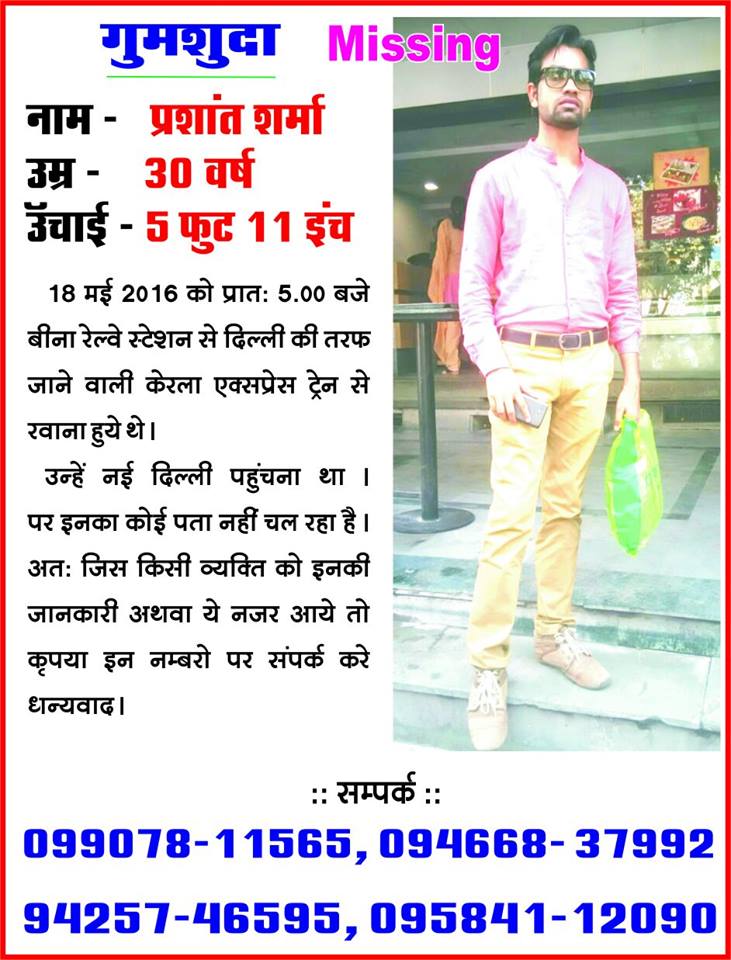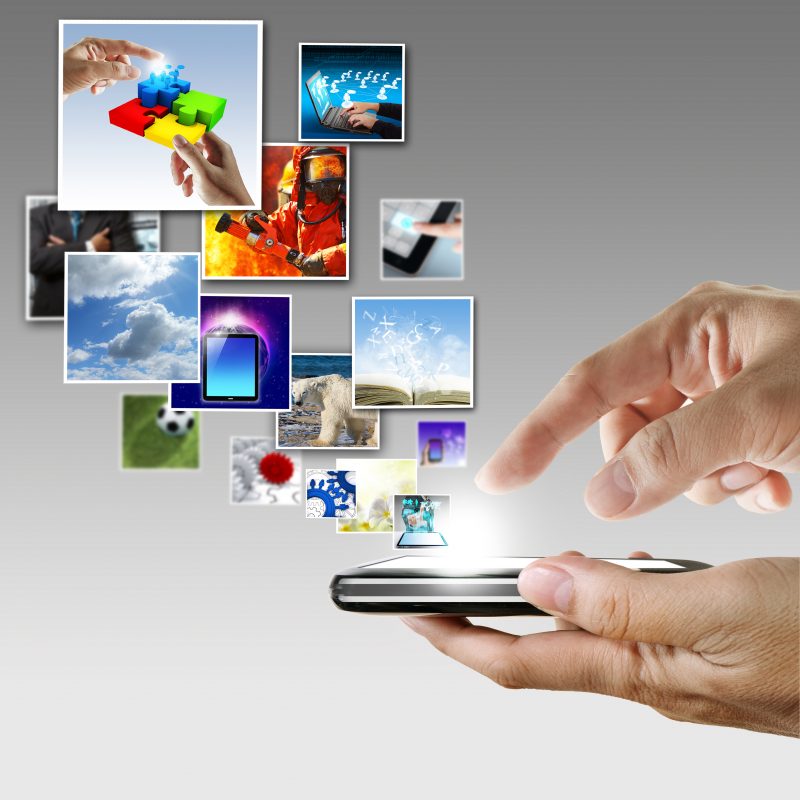Small Business Networking to Get More Clients and Market Professional Services
It’s possible that—like the thought of marketing and sales—the thought of networking may make you cringe. When most service professionals hear the word “networking,” they think of the old school business mentality of promotional networking at meet-and-greet events where everyone is there to schmooze and manipulate one another in an attempt to gain some advantage for themselves or their business.
Who wouldn’t cringe at the thought of spending an hour or two exchanging banalities and sales pitches with a phony smile plastered on your face to hide your discomfort? If it feels uncomfortable, self-serving, and deceptive, chances are all those business cards you collected will end up in a drawer of your desk never to be seen again because you’ll so dread following up that you’ll procrastinate until they’re forgotten.
Take heart! There is good news! It doesn’t have to be that way! The Book Yourself Solid Small Business Networking Strategy operates from an entirely different perspective; it’s all about connecting and sharing with others. All that’s necessary is to shift your perspective from one of scarcity and fear to one of abundance and love. With the Book Yourself Solid Networking Strategy, the focus is on sincerely and freely giving and sharing, and by doing so, building and deepening mutually beneficial relationships with others. It’s all about making lasting connections.
Networking Events for Small Business Owners—What To Do—If You Want More Clients
Do arrive on time—This is not the time to stage a grand entrance by being fashionably late or to tell any stories about why you’re late. Nobody cares. If you’re late and it’s noticed, apologize and leave it at that.
Do relax and be yourself—Contrary to conventional wisdom, you don’t have to fit in. It may sound trite, but be yourself, unless when you’re being yourself you end the evening with your tie wrapped around your head doing a nose dive into the shrimp salad. But seriously, people want to meet the person who is out in front, who is writing the rules and taking the lead, not the one who is following the pack. So don’t be afraid to be fully self-expressed. If you are you’ll be more memorable.
Do smile and be friendly—Both men and women may worry that smiling too big will be construed as some sort of a come-on or that they’re desperate for attention. This fear of being misunderstood will hold you back. Let it go! Better to err on the side of a big, friendly smile than to be considered unfriendly or standoffish.
Do focus on giving—If your focus is on giving of yourself, you’re going to get returns in spades. If you focus on what you can get, you will be much less successful.
Do prepare for the event—Learn the names of the organizers and some of the key players. Identify what and how you can share with others at the function: who you know (without being a name dropper), what you know (without being a know-it-all), and what you can share from your heart (without making assumptions) with the people who will be at this particular event. You never know what might change someone’s life.
Do introduce yourself to the person hosting the event—This person may be a very valuable addition to your network. Never forget to say, “Thank you.”
Do introduce yourself to the big-wig—If there’s someone you want to meet at a big seminar or event, someone famous in your industry, do you go up to them and say, “Here’s what I do and here’s my business card”? No! You start by offering praise. You say, “I just want to tell you your work had a great effect on me,” or “Your work inspired me to do this or that.” Then the next time you are at the same event you might say, “I would just love to hold your coffee cup.” Meaning, “I would love to assist you in some way that would add value to your life or work.” She may say, “I don’t think so,” but what have you got to lose? Then again, she may respond by saying, “Yeah, you seem like a really genuine and considerate person. I’ve got some stuff you can do.” Don’t forget that successful and busy people always have more on their plate than they can reasonably handle. They’re always looking for talented people to help make their life easier. If you can help reduce someone’s stress level, you’ve made a friend for life.
Do offer something when first meeting someone, whenever possible—Offer praise (as in the above example), compassion, or a connection. When you can say, “I know someone you’ve got to meet,” or “There’s a great book I think may offer the solution to your problem,” they are going to see you very differently than the person who shoved a business card in their face and said, “Let’s stay in touch, dude.” If you can leave them feeling even better, more uplifted, and energized after their interaction with you, they’re going to remember you.
Do start conversations by asking questions—This is a great approach, especially if you’re nervous. It takes the spotlight off of you and allows the other person to shine. It allows you to learn something new at the same time.
Do identify two or three things you’d like to learn from the people at the function—People are drawn to others who are curious and interested.
Do make eye contact—It expresses respect and interest in the person you’re speaking with. And stay focused on the person you’re speaking with. If you’re speaking with me, but you’re eyes are constantly scanning the room for someone more important or relevant to you, don’t you think it might make me feel unappreciated?
Do wear comfortable clothing—If you’re constantly fidgeting or worrying about how you look in clothes that aren’t comfortable or don’t fit properly, you’ll be self-conscious and others will sense it.
Do take the initiative—Go up to people and make friends. People love to be asked about themselves, their hobbies, or their family. This is the time to get to know a few personal tidbits that will give you the opportunity to find a common interest that makes connecting easier and more natural.
Do offer a firm handshake—Hold your drink in your left hand. This eliminates the need to wipe your damp hand on your slacks before shaking hands. And, guys, don’t think you need to shake hands differently with a woman than you do with a man. A firm handshake (not a death grip) is always appropriate.
Do be inclusive—Ask others to join your conversations; this is very important. Don’t monopolize people, especially those who are in high demand, like the speaker from the event. It makes the speaker uncomfortable. Remember, they’re there to meet lots of people too. It also annoys others who want to meet the person you’re trying to keep to yourself. Tip: if you want to help, ask the speaker if there is anybody you can introduce her to, or simply be sure to keep including people in your conversations with her. This way, you’ll be seen as a very generous and open person by the others at the event, and the speaker will remember you as someone who helped them easily network and navigate the event.
Do ask for a business card and then keep in touch—It’s your responsibility to ask for a card if you want one, and it’s your responsibility to follow up. Quality not quantity counts when making genuine personal connections. If you race through an event passing out and collecting business cards from anyone and everyone as though there were a prize for the most cards gained at the end of the event, you’ll do yourself a huge disservice. And remember, just because someone gives you their business card does not mean you have permission to add them to your mailing list or e-zine list. You do not. You can certainly send a personal email as a follow up, and you should, but you should not and cannot add them to your list. You don’t have permission to do so. This is a pet peeve of mine. I feel that 25 percent of the time I’m asked for my business card at a conference, I end up on another newsletter list. Not cool.
Do have a pen with you always—When you receive a business card, write a little note about any commitment to follow up, what you talked about, any personal bits or unusual things that will help you to remember the person and to personalize future contact, and be sure to include the date and name of the function where you met.
Networking Events for Small Business Owners—What Not To Do—If You Want More Clients
Don’t try to be cool—And don’t over compensate for your nervousness by bragging about your success; this is a major turn-off.
Don’t let “What do you do?” be the first question you ask—Let it come up naturally in conversation.
Don’t sit with people you know for the majority of the event—While it may be more comfortable to sit with the people you know, it becomes too easy to stay with them, and if you do, you’ll defeat the purpose of being there. Step out of your comfort zone and get to know new people.
Don’t juggle multiple items—Travel light to eliminate the necessity of juggling your coat, purse, briefcase, drink, or buffet plate. Keep that right hand free for handshakes and for jotting down quick notes on any business cards.
Don’t complain about networking or the event you’re attending—Don’t complain about anything—period. The cycle of complaining is easy to get drawn into, especially at events where almost everyone is a bit uncomfortable. While complaining is an ice breaker, it’s not an attractive one. Change the subject—for example, “Have you tried the shrimp?” or take the opportunity to recommend this great book, Book Yourself Solid, and how it’s transformed the way you think about networking events.
Don’t take yourself too seriously—Remember to relax and have fun. We’re all just people.
You Are Always Networking and Marketing Your Small Business and Professional Services
Your profits will come from connections with people who can send you business. Whether that’s by way of a satisfied client who refers others to you; or another professional who has the ability to book you for speaking engagements, write about you, or partner with you; or the manager at the video store who appreciates your big, friendly smile each weekend and the recommendation for a great baby-sitter you made when he desperately needed one.
With the Book Yourself Solid Small Business Networking Strategy, the prospect of creating a phenomenal network of connections doesn’t have to be overwhelming or intimidating. We all network constantly, with everyone, every day. Now we just need to do it consciously, with greater awareness, until doing so becomes a natural and comfortable part of our daily lives.
Then follow-up. Keep in touch. It is imperative that you get every one of your connections into your database and act on each connection. If the contact isn’t in your database or you don’t take the action necessary to keep in touch, your networking is pointless. Have some form of this database with you at all times—PDA, planner, personal address book—so you can instantly connect others rather than having to get back to them.





